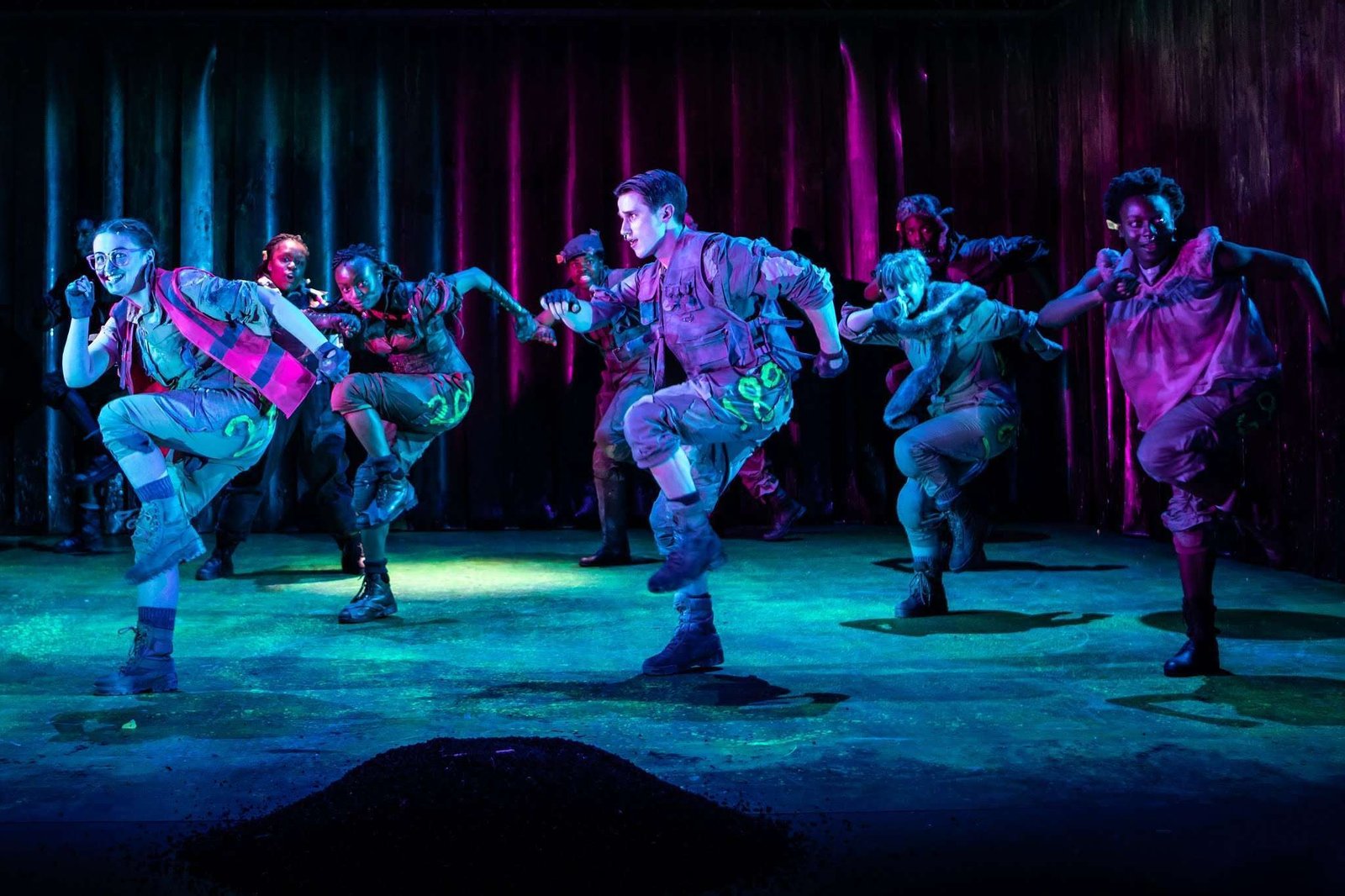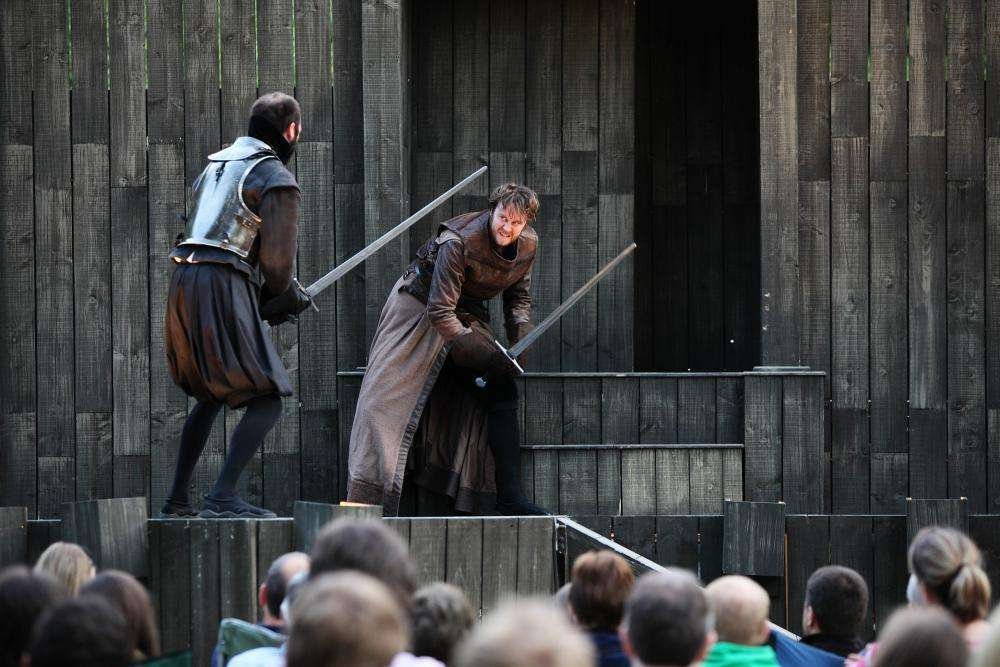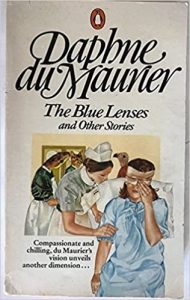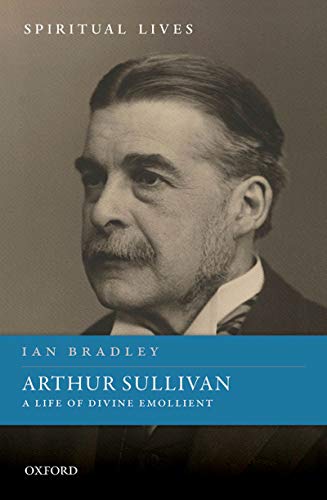
CP Snow and I go back a long way. I started reading him when I was in the sixth form. First, The Light and the Dark and then the other titles in the Strangers and Brothers sequence which wasn’t then complete. It felt very grown up and serious, although curiously accessible and compelling. Looking at it now I think I must have been a fairly unusual 17 year old because it’s not exactly beach reading.
Then, an English “main” student, at Bishop Otter College, Chichester, where I was training to be a teacher I decided to write about CP Snow’s presentation of women for my “special study” – a modest undertaking which would now, I suppose, be glorified with the word “dissertation”. So I read all the novels again twice, did a lot of thinking and made lots of notes. Then I handwrote it and a family friend who taught business studies in a secondary school got one of her students to type it up for me as an exercise.
All that was a very long time ago but it left me with a bit of affection for Snow and, naturally, I read the final titles in the sequence as they were published. Now I have re-read The Light and the Dark (1947) Is it dated? Yes, Does that matter? No, not much.
Roy Calvert is a brilliant academic linguist and orientalist who is also – in the parlance of 1947 – manic depressive. Today he would be deemed to have some form of bipolar disorder. Lewis Eliot who narrates all the Strangers and Brothers novels is very close to, and fond of him. They are both academics in, and fellows of, an unnamed Cambridge College, although Roy goes to work in Germany as well during the 1930s. The Cambridge background is convincingly done.
Tensions rise as war looms and we see Roy succumb repeatedly to sadness at the same time as being excellent company, a joker and sexually attractive – he is, for example, fond of what we’d now call no-strings one night stands. At the same time there are complicated relationships with two women who really love him ardently. His mental health rarely allows him to be happy. How can Roy’s life possibly end? Eventually he decides but not in quite the way the reader initially expects.
Snow’s novels tend to be both tangential and parallel rather than chronological. In The Light and the Dark the college master dies – his wife, Lady Muriel and daughter Joan are important characters – but we hear nothing of the election of his successor because that’s the subject of another novel The Masters. Similarly, once war breaks out Eliot becomes a Civil Servant with inside information about weaponry and strategy but the development of nuclear fission is the subject of The New Men. And Lewis’s first marriage problems (his wife is also manic depressive) are going on at the same time but are dealt with in Time and Hope and Homecomings.
It’s quite dense writing by the standards of 2021. CP Snow didn’t do jokes and only rarely amusing moments. I’m not surprised that The Light and the Dark is out of print although you can buy second hand paper copies. I still have my original 1965 paperback which is holding up well. One of the joys of modern technology is that out of print books often aren’t really because they can easily and cheaply be made available as digital downloads. You can still read The Light and the Dark, at the click of a mouse through Kindle.
Shall I now reread the rest of the sequence? Yes I think so – in time. I’m drawn in again and faintly surprised by that. I suppose it is testament to the writing if it still appeals over 50 years after I wrote my special study. CP Snow – Lord Snow – died, by the way, in 1980 aged 75.









